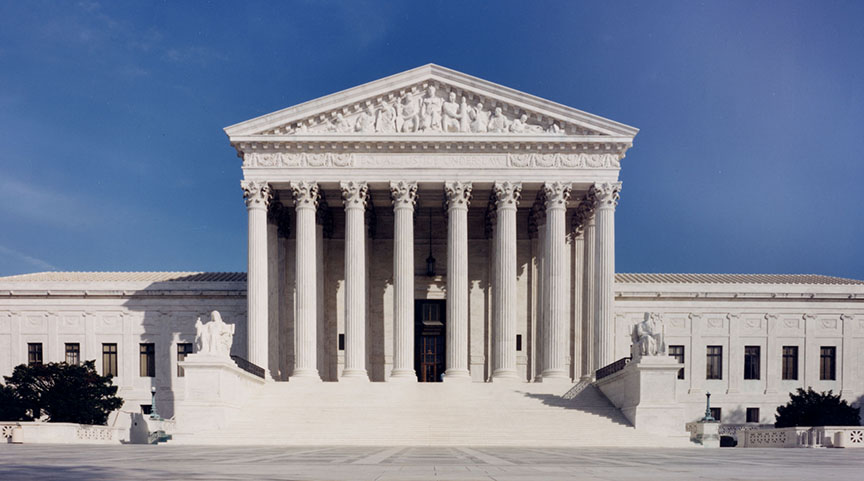Recently the United State Supreme Court heard two cases that will help to determine whether a public official’s personal social media page discussing government business constitutes state action or merely personal speech under the first amendment.
At issue is how school board members interact with the public, how school board members conduct business and how the public may interact with school board members. The court’s decisions are likely to reverberate not only in education but throughout government.
In O’Connor – Ratcliffe v. Garnier, at issue is the legality of two Poway California school board members who blocked two members from their Facebook and X social media accounts after the parents posted additional repetitive comments to regular board member postings.
In another case, Lindke v. Freed, the case asks whether a public official’s social media activity constitutes state action if the official used the account to perform a governmental activity under the authority of his or her office. Specifically, the court will determine if the City Manager of Port Huron, Michigan who blocked residents from accessing the manager’s official public Facebook page after they criticized the city’s parking policies during the pandemic violated the constitutional rights of those they blocked.
Supreme Court Justice Elena Kagan talked about the broad implications of the case during oral arguments when she said, “This is a case where there are first amendment interests on both sides. I mean just as there may be First Amendment interests in protecting the private speech of government employees, there are also First Amendment interests in enabling citizens to access the important parts of their government.”
The cases highlight the growing use of of social media by private citizens, government, and government officials and how that use may conflict with First Amendment rights by citizens and government officials.
Numerous and significant constitutional questions emerge from these cases. Do public officials acting in their private capacity still retain First amendment rights? Or are social media sites merely another tool for government and citizens to improve governance? Can school officials block citizens from accessing Twitter or Facebook pages? Do all personal accounts of public officials constitute government business? Are social media sites channels of official communication? Does allowing government to block private citizens from government accounts weaken democracy?
Interestingly former President Donald Trump was sued by individuals whom he blocked from his personal Twitter account. A federal appeals court ruled that Trump’s Twitter account was a form of government action. The Supreme Court was considering whether to hear the case. After Trump lost the election, however, the court held the case was moot.
Now the Court has two cases to help decide the issue. Their outcomes will likely direct how school board members and government officials will communicate with members of the public on social media for years to come.

